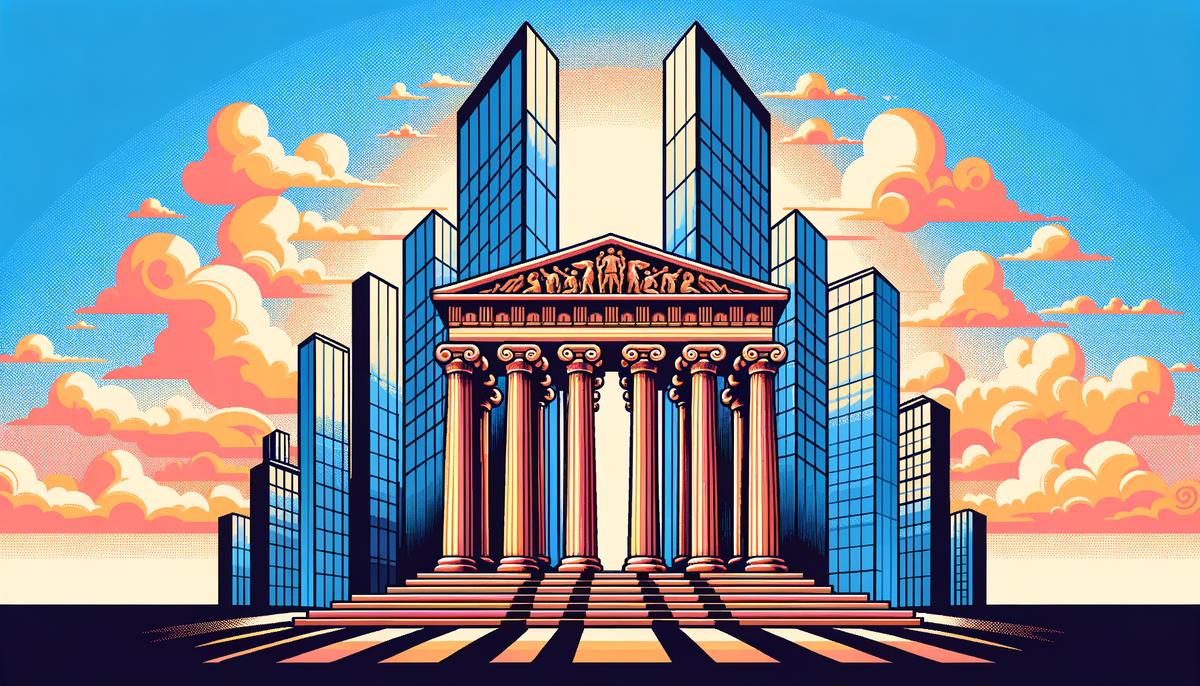How did Greek mythology influence modern culture?
Greek mythology has left an indelible mark on modern culture, permeating language, literature, art, psychology, branding, and popular entertainment. Its stories, symbols, and archetypes continue to shape how people think, create, and communicate.
Language and Everyday Expressions
-
Numerous phrases in English and other languages originate from Greek myths. Common expressions like “Achilles’ heel” (a vulnerability), “Pandora’s box” (unleashing trouble), “Herculean task” (a difficult challenge), and “Midas touch” (turning everything to gold) are rooted in ancient stories135.
-
Even scientific and psychological terms, such as “narcissism” (from Narcissus) and “Oedipus complex,” come directly from Greek mythology5.
Literature and the Arts
-
Greek myths have inspired countless works of literature, from classical epics like Homer’s Iliad and Odyssey to modern novels and poetry. Writers such as Shakespeare and contemporary authors like Rick Riordan (creator of the Percy Jackson series) have drawn heavily from mythological themes146.
-
In visual arts, mythological figures like Medusa, Zeus, and Persephone remain popular subjects, influencing everything from Renaissance paintings to modern sculpture and design14.
Popular Culture and Entertainment
-
Greek mythology is a recurring theme in movies, television, and video games. Films like Clash of the Titans, Disney’s Hercules, and the Percy Jackson series reinterpret these ancient tales for new audiences1456.
-
Superhero movies and fantasy fiction often use mythic archetypes of gods, heroes, and monsters, reinforcing the timeless appeal of these narratives246.
Branding, Names, and Symbols
-
Many companies and products are named after Greek mythological figures, such as Nike (the goddess of victory), Pandora (the first woman in Greek myth), and Apollo (NASA’s space program)47.
-
Logos and symbols inspired by Greek myths are found throughout modern advertising and design7.
Architecture and Civic Ideals
-
Architectural styles and monuments, such as the Parthenon, draw inspiration from ancient Greek aesthetics and mythology17.
-
The Olympic Games, revived in the modern era, are directly inspired by the ancient Greek tradition honoring the gods7.
Psychology and Philosophy
-
Concepts from Greek mythology have shaped modern psychology, with terms and theories (like narcissism and the Oedipus complex) that describe aspects of human behavior5.
-
Greek myths also influence philosophical thought, exploring universal themes such as fate, justice, love, and the nature of humanity4.
Summary Table: Key Areas of Influence
| Area | Examples & Impact |
|---|---|
| Language | “Achilles’ heel,” “Pandora’s box,” “Herculean task,” “Midas touch” |
| Literature | Homer, Shakespeare, Rick Riordan, epic poetry, modern novels |
| Art & Architecture | Renaissance paintings, sculptures, Parthenon, modern design |
| Entertainment | Films (Clash of the Titans, Hercules), TV, video games, superhero stories |
| Branding | Nike, Pandora, Apollo, use of mythological logos and names |
| Psychology | Terms like “narcissism,” “Oedipus complex” |
| Civic Life | Olympic Games, ideals of democracy and heroism |

Comments
Post a Comment